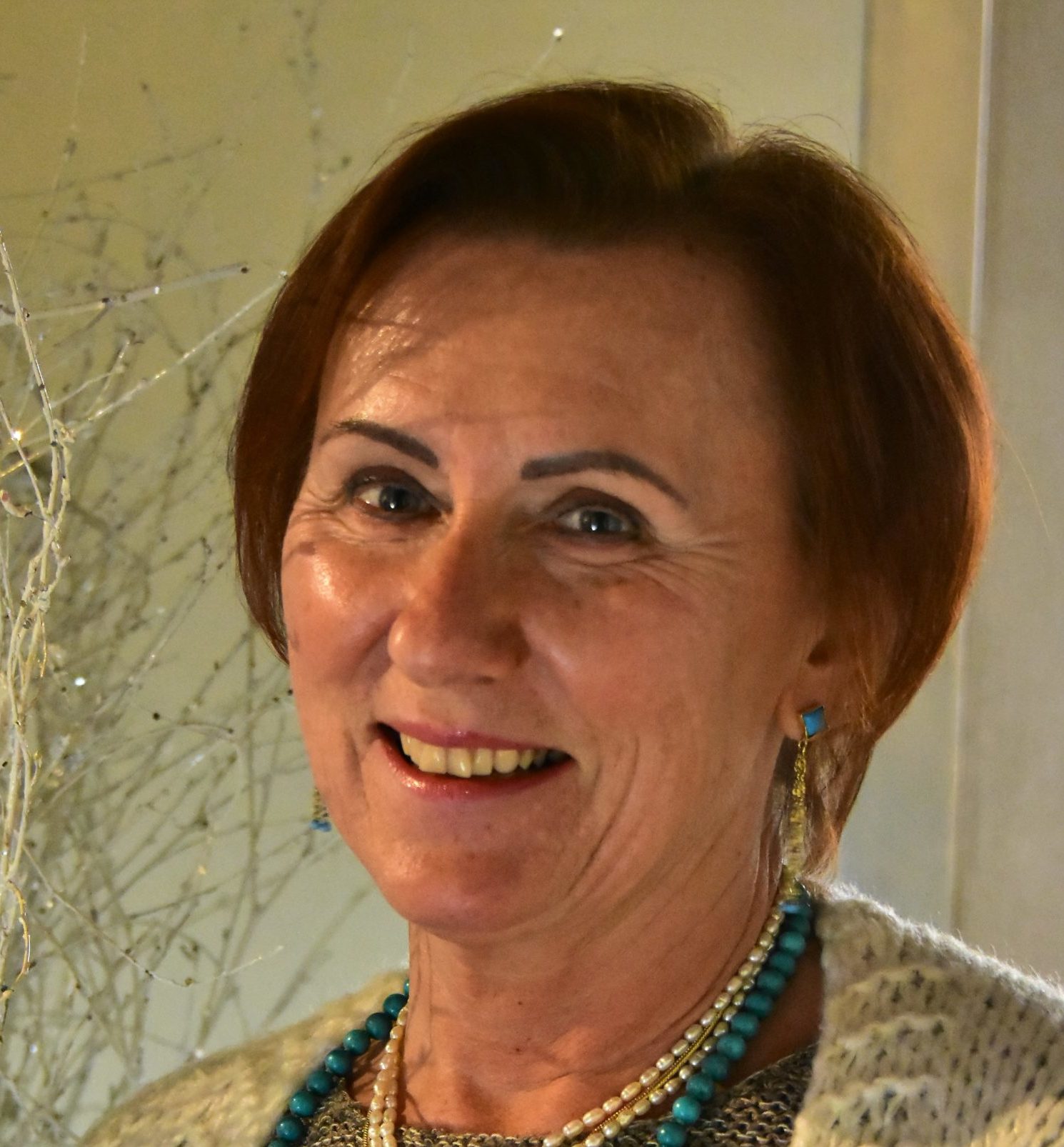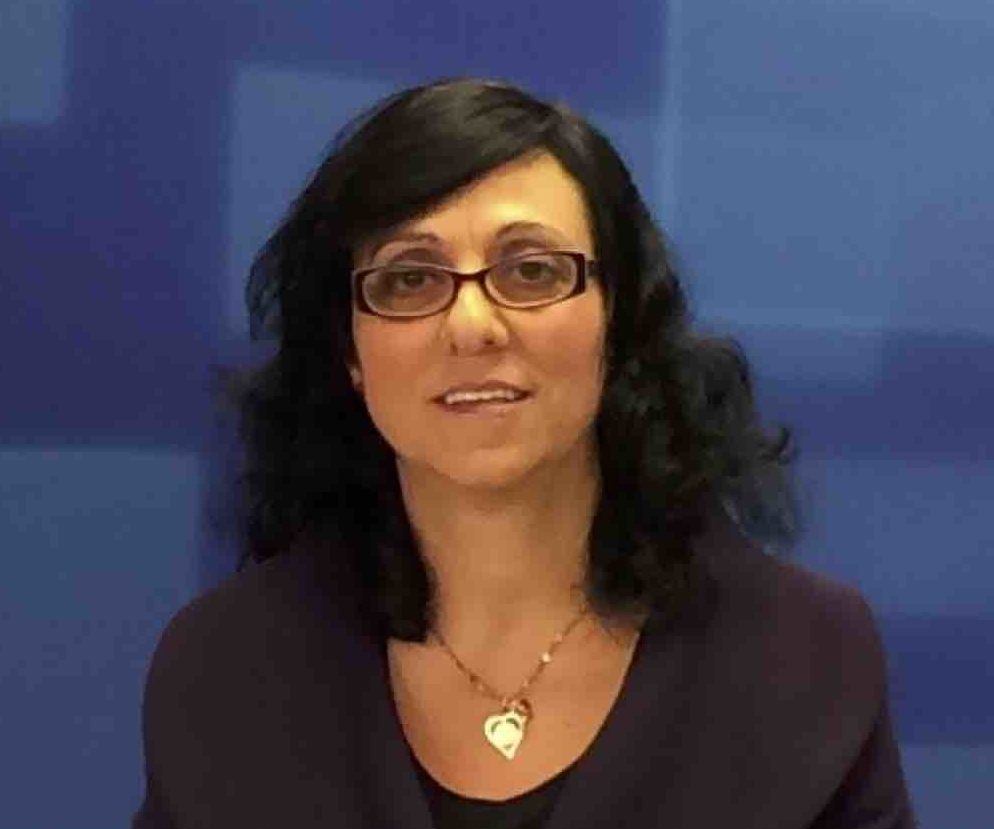touchEXPERT OPINIONS Disease-modifying therapies in multiple sclerosis: Current perspectives on the latest data
Watch international experts discuss the latest data for highly effective disease-modifying therapies and changes in treatment approach for patients with multiple sclerosis.
Prof. Montalban discusses long-term treatment for multiple sclerosis with older and more recent disease-modifying therapies, and switching between the two.
1/3 Next InterviewIn this interview, Prof. Xavier Montalban answers the following questions:
- What do long-term data with older agents tell us about symptom progression and secondary progressive multiple sclerosis?
- Does current patient monitoring catch disease progression early enough?
- How effective are newer disease-modifying therapies for long-term treatment?
- What do we know about switching to highly effective disease-modifying therapies, and when should patients switch?
Dr Xavier Montalban is chair of the Department of Neurology-Neuroimmunology and director of the Multiple Sclerosis Centre of Catalonia at Vall d’Hebron University Hospital in Barcelona, Spain, and Chief of the Neuroimmunology Research Group at Vall d’Hebron Research Institute. From July 2017 to May 2020, he has been Professor of Medicine, Director of the Division of Neurology at the University of Toronto and Director of the MS Centre at St Michael’s Hospital, Toronto, Canada. read more
His research interests include clinical trials, clinical aspects of MS, MRI and biological prognostic factors of disease evolution and treatment response, immunological mechanisms of the disease and other aspects of clinical management of MS.
Dr Montalban is the President of the Cemcat Foundation and former President and current Honorary Member of the Council of the European Committee for Treatment and Research in Multiple Sclerosis (ECTRIMS). He is the Vice Chair of the US National MS Society/ECTRIMS Clinical Trials Committee and has been the Chair of the Medical & Scientific Board of the Multiple Sclerosis International Federation (MSIF). He is a board member of the European Charcot Foundation and of the international initiative, Patient Reported Outcomes for MS (PROMS).
Dr Xavier Montalban discloses: Speaker honoraria/compensation for advisory board or scientific meeting participation from Actelion, Alexion, Bayer, Biogen, Celgene, EMD Serono, Exemed, Genzyme, Immunic, Medday, Merck, Multiple Sclerosis International Federation, Mylan, Nervgen, Novartis, Roche, Sanofi Genzyme, Teva Pharmaceuticals, TG Therapeutics and US National MS Society.
Prof. Havrdová discusses the concept of initiating therapy with highly effective therapies for multiple sclerosis and discusses the available data.
2/3 Next InterviewIn this interview, Prof. Eva Havrdová answers the following questions:
- Does real-world evidence support clinical trial data for highly effective disease-modifying therapies?
- What are the risks and benefits of earlier use of highly effective disease-modifying therapies?
- What do we know about early use of highly effective disease-modifying therapies in relapsing-remitting multiple sclerosis?
- What do we know about long-term safety with highly effective disease-modifying therapies?
- How does immunotherapy for multiple sclerosis impact COVID-19 vaccination?
Dr Eva Havrdová is Professor of Neurology at the First Faculty of Medicine, General University Hospital, Charles University in Prague, Czech Republic.
Her research interests include cytokine, immunoglobulin and T-cell research in MS and treatment of malignant MS. Dr Havrdová created the ‘freedom from disease activity’ concept now used to compare the efficacy of MS drugs. She has published more than 100 publications on MS including Neuroimmunology, Multiple Sclerosis, Handbook on MS for General Practitioners, Pharmacotherapy of MS and several books for patients. read more
She organized the ECTRIMS congress in Prague in 2007, is a member of the MSIF International Medical and Scientific Board and member of the Czech Neurological Society Committee. She introduced disease-modifying treatment in MS in the Czech Republic and established a network of MS centres covering the entire country. She developed Standards of Diagnostics and Treatment of MS and NMO in the Czech Republic.
Dr Eva Havrdová discloses: Speaker honoraria/compensation for advisory board participation from Actelion, Biogen, Celgene, Merck, Novartis, Roche and Sanofi Genzyme.
Dr Ben-Zacharia reviews the crucial role of treatment adherence in multiple sclerosis and the importance of shared decision-making in achieving optimal clinical outcomes.
3/3 Take CE/CME TestIn this interview, Dr Aliza Ben-Zacharia answers the following questions:
- How important is treatment adherence in patients with multiple sclerosis?
- Which treatment-related and non-treatment-related factors influence adherence to disease-modifying therapies in patients with multiple sclerosis?
- How much do comorbidities contribute to adherence in multiple sclerosis?
- How can therapy adherence be supported in patients with multiple sclerosis?
- How can clinicians involve patients in treatment decisions?
Dr Aliza Ben-Zacharia is an Assistant Professor at Mount Sinai Hospital and Hunter College and is co-Director of the research fellowship at the Phillips School of Nursing, Beth Israel Mount Sinai, in NYC, USA. She is a nurse practitioner with experience in acute care, neurology and rehabilitation. read more
Dr Ben-Zacharia is an MS expert and a researcher. She has developed multiple neurological educational programs for patients, nurses, physicians and other healthcare providers. She is on the editorial board of MS Perspectives, a patient MS magazine. Dr Ben-Zacharia has won multiple awards from the NMSS (Hall of Fame and educational award), the IOMSN (research award) and Mount Sinai Hospital (rehabilitation, neurology service award and the Cullman Patients’ award).
Dr Aliza Ben-Zacharia discloses: Consultancy fees from Biogen, Genentech and Greenwich Biosciences.
Overview & Learning Objectives
Overview
In this activity, multiple sclerosis experts present their thoughts on the latest data with highly effective disease-modifying therapies and what they mean for treatment decisions.
This activity has been jointly provided by Oakstone and touchIME NEUROLOGY. Oakstone Publishing is accredited by the ACCME to provide continuing medical education to physicians. read more
Target Audience
This activity has been designed to meet the educational needs of neurologists, multiple sclerosis specialists and neurology nurses involved in the management of multiple sclerosis.
Disclosures
Oakstone Publishing has assessed conflict of interest with its faculty, authors, editors, and any individuals who were in a position to control the content of this CME activity. Any identified relevant conflicts of interest have been mitigated. Oakstone Publishing’s planners, content reviewers, and editorial staff disclose no relationships with ineligible entities.
Faculty
Prof. Xavier Montalban discloses: Speaker honoraria/compensation for advisory board or scientific meeting participation from Actelion, Alexion, Bayer, Biogen, Celgene, EMD Serono, Exemed, Genzyme, Immunic, Medday, Merck, Multiple Sclerosis International Federation, Mylan, Nervgen, Novartis, Roche, Sanofi Genzyme, Teva Pharmaceuticals, TG Therapeutics and US National MS Society.
Prof. Eva Kubala Havrdová discloses: Speaker honoraria/compensation for advisory board participation from Actelion, Biogen, Celgene, Merck, Novartis, Roche and Sanofi Genzyme.
Dr Aliza B Ben-Zacharia discloses: Consultancy fees from Biogen, Genentech and Greenwich Biosciences.
Content Reviewer
Walter Murray Yarbrough, MD, FACP, has no financial interests/relationships or affiliations in relation to this activity.
Touch Medical Director
Christina Mackins-Crabtree has no financial interests/relationships or affiliations in relation to this activity.
Requirements for Successful Completion
This activity has been planned and implemented in accordance with the accreditation requirements and policies of the Accreditation Council for Continuing Medical Education (ACCME) through the joint providership of Oakstone Publishing and touchIME. Oakstone Publishing is accredited by the ACCME to provide continuing medical education for physicians.
The European Union of Medical Specialists (UEMS) – European Accreditation Council for Continuing Medical Education (EACCME) has an agreement of mutual recognition of continuing medical education (CME) credit with the American Medical Association (AMA). European physicians interested in converting AMA PRA Category 1 Credit™ into European CME credit (ECMEC) should contact the UEMS (www.uems.eu).
Oakstone Publishing designates this enduring material for a maximum of 0.5 AMA PRA Category 1 Credit™. Physicians should claim only the credit commensurate with the extent of their participation in the activity.
Unapproved products or unapproved uses of approved products may be discussed by the faculty; these situations may reflect the approval status in one or more jurisdictions. The presenting faculty have been advised by touchIME to ensure that they disclose any such references made to unlabelled or unapproved use. No endorsement by touchIME of any unapproved products or unapproved uses is either made or implied by mention of these products or uses in touchIME activities. touchIME accepts no responsibility for errors or omissions.
This content is intended only for healthcare professionals.
Date of original release: 8 June 2021. Date credits expire: 8 June 2022.
Learning Objectives
After watching this activity, participants should be better able to:
- Describe the latest data informing the use of disease-modifying therapies in the treatment of multiple sclerosis
- Evaluate the potential benefit of early treatment with highly effective disease-modifying therapies for patients with multiple sclerosis
- Explain how patient-centric decision making can improve outcomes

Register to touchNEUROLOGY for FREE
- Peer reviewed journals and expert opinion
- Interactive CME and e-learning modules
- Video conference highlights



